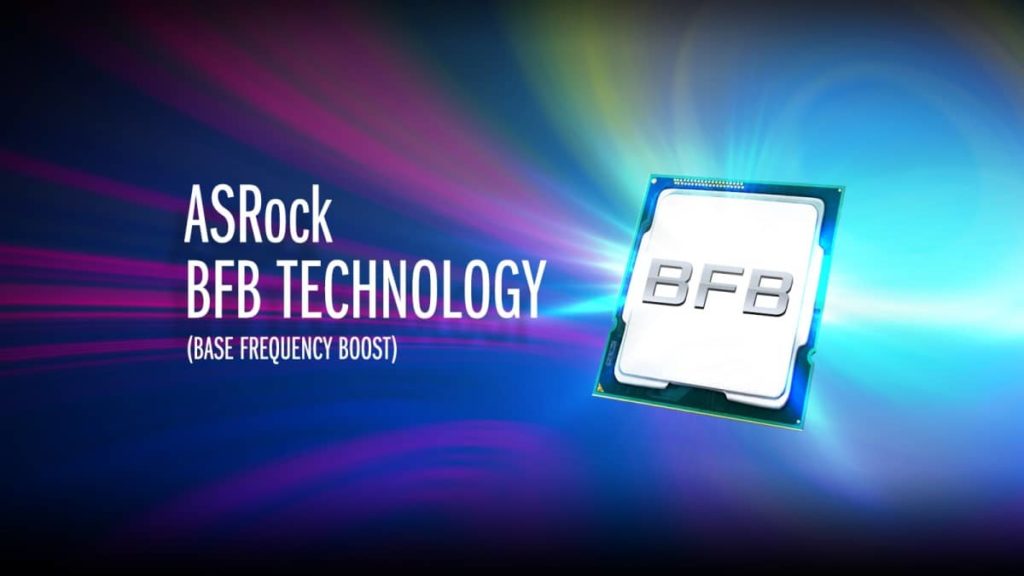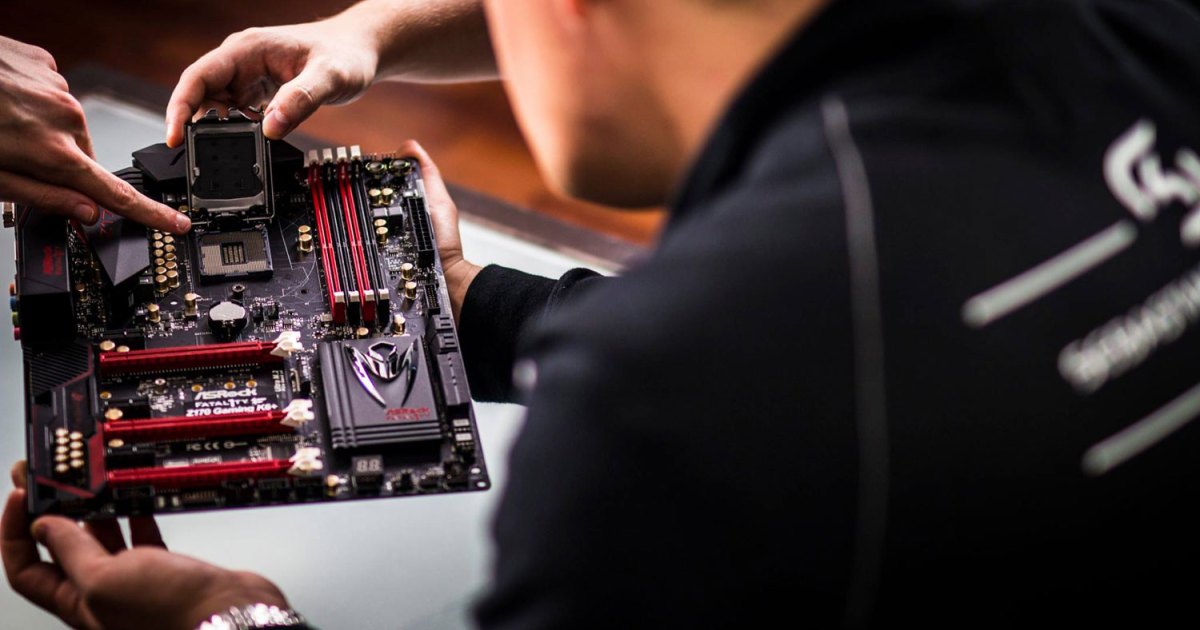- Joined
- May 28, 2019
- Messages
- 8,893
- Points
- 113
Image: ASRock
Those looking for a more economical approach to building a new system using an Intel 12th Gen processor may want to take a look at motherboards from ASRock. A reddit user has received confirmation from ASRock that all of its Intel 600-series chipset motherboards will allow BFB (base frequency overclocking) for non-K Alder Lake CPUs.
Hello,after checking with BIOS department, our 600 series mainboards support BFB, too.Best regards,ASRock Support
ASRock BFB
ASRock originally introduced BFB with Intel 9th Gen processors on select 400-series motherboards. It later...
Continue reading...

